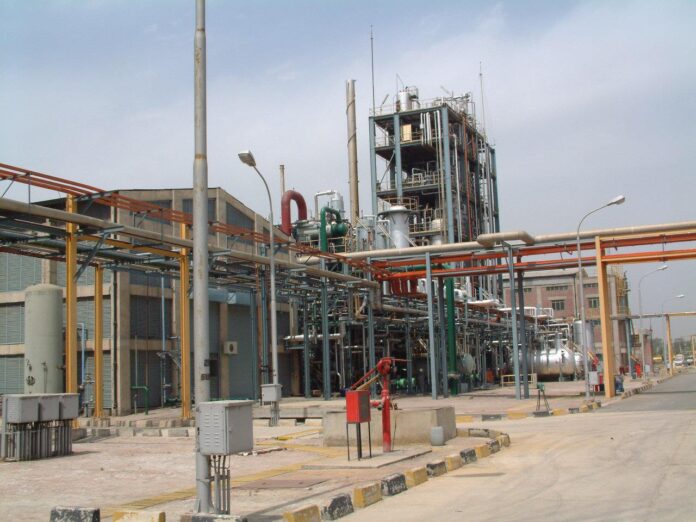Nimir Industrial Chemicals Ltd has signalled its ambition to press harder into fast‑moving consumer goods manufacturing, telling analysts it intends to bid for the remainder of Procter & Gamble’s (P&G) manufacturing assets in Pakistan once the multinational completes its exit from direct operations in the country. The declaration – delivered almost in passing during a post‑results call – adds a new twist to Nimir’s already active expansion agenda and follows last year’s acquisition of P&G’s Hub, Balochistan, soap facility and a simultaneous toll‑manufacturing arrangement.
The comment came during an analyst briefing on Nimir’s first‑quarter FY26 results. Management, reviewing quarterly margins and the product pipeline, noted that the company would “potentially acquire” P&G’s Bin Qasim assets in Karachi – home to hair‑care and other consumer lines – if a transaction could be struck on attractive terms. The remark was made matter‑of‑factly, but its significance for both the country’s consumer‑goods supply chain and Nimir’s strategy was hard to miss. The company has already integrated P&G’s Hub soap plant and is contemplating the next step as it assesses the financial case to add more FMCG manufacturing capacity.
Executives were careful to stress that there is no live deal on the table. Still, the intent is clear: with P&G retreating from direct manufacturing and commercial operations in Pakistan, Nimir sees room to build a larger contract‑ and own‑brand production platform, adding scale close to ports and population centres. The same briefing underscores complementary moves, including relocating one oleochemicals plant from Sheikhupura to Hub to serve the southern market and to leverage proximity to seaborne export routes – another nudge that the company is configuring its footprint to support bigger consumer volumes. The content in this publication is expensive to produce. But unlike other journalistic outfits, business publications have to cover the very organizations that directly give them advertisements. Hence, this large source of revenue, which is the lifeblood of other media houses, is severely compromised on account of Profit’s no-compromise policy when it comes to our reporting. No wonder, Profit has lost multiple ad deals, worth tens of millions of rupees, due to stories that held big businesses to account. Hence, for our work to continue unfettered, it must be supported by discerning readers who know the value of quality business journalism, not just for the economy but for the society as a whole.To read the full article, subscribe and support independent business journalism in Pakistan

























